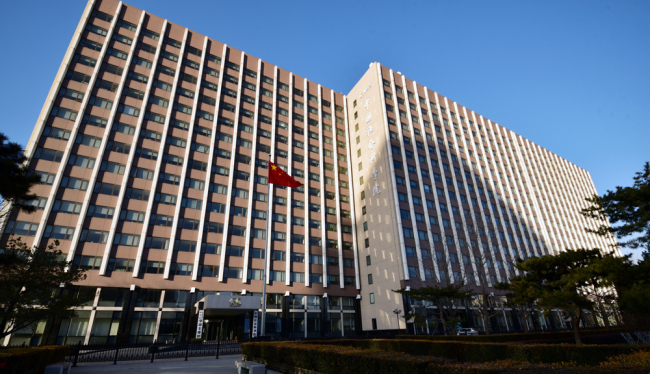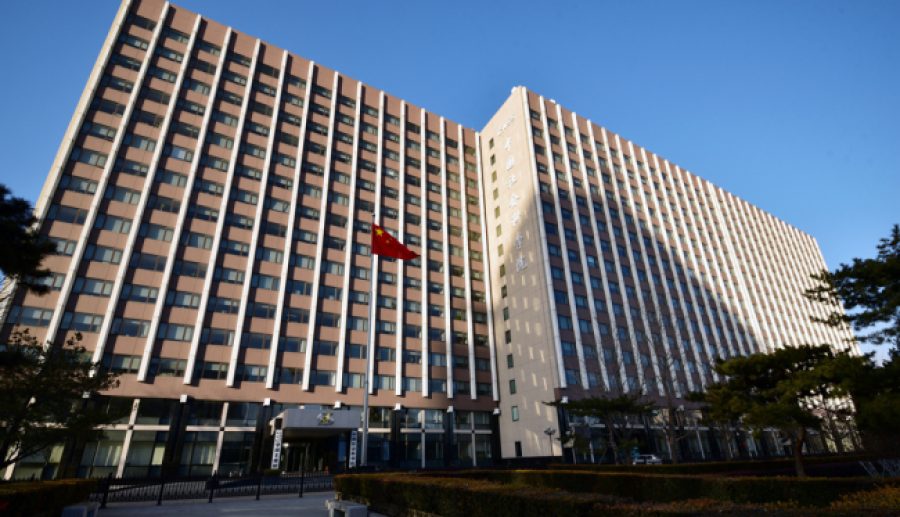Chief Executive Fernando Chui Sai On will travel to Beijing today to receive the findings of a study by the prestigious Chinese Academy of Social Sciences (CASS) on the work of the local government, the Macau Government Information Bureau (GCS) announced on Wednesday.
During his visit to the academy Chui will also exchange views with the study’s authors, the statement said.
The academy, widely seen as one of Asia’s top think tanks, has been commissioned by the local government to examine in detail the implementation of the “One Country, Two Systems” principle in Macau, the statement pointed out.
The aim of the study is, according to the statement, to give an overview of how the principle has been practised locally, considering that Macau celebrates the 20th anniversary of its return to the motherland this year.
The research also covers a systematic analysis of the local government’s administration over a period of time. Findings from the report will serve as academic reference points for the steady implementation of the “One Country, Two Systems” principle in Macau, the statement said.
The Macau government has set up over the years a mechanism for cooperation with the academy, making use of its strength in scientific research, the statement pointed out.
The cooperation mechanism helps foster the capabilities of the local government and education institutions in terms of research in social sciences, as well as cultivation of a greater number of local researchers in that field, the statement underlined.
Chui’s entourage includes the chief-of-cabinet of his office, O Lam, and Policy Research and Regional Development Bureau (DSEPDR) Director Mi Jian. The delegation will return to Macau on Friday.
During Chui’s absence, Secretary for Administration and Justice Sónia Chan Hoi Fan will be acting chief executive, according to the statement.
The academy, which was set up in 1977, is generally seen as the nation’s premier institution for the study in the fields of philosophy and social sciences. It consists of five academic divisions, 35 research institutes and over 90 research centres, as well as over 3,200 researchers, according to Wikipedia.
The academy even has its own tertiary education institution, University of the Chinese Academy of Social Sciences (UCASS).






